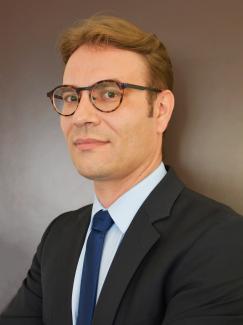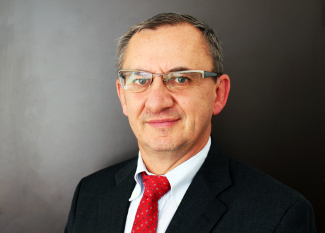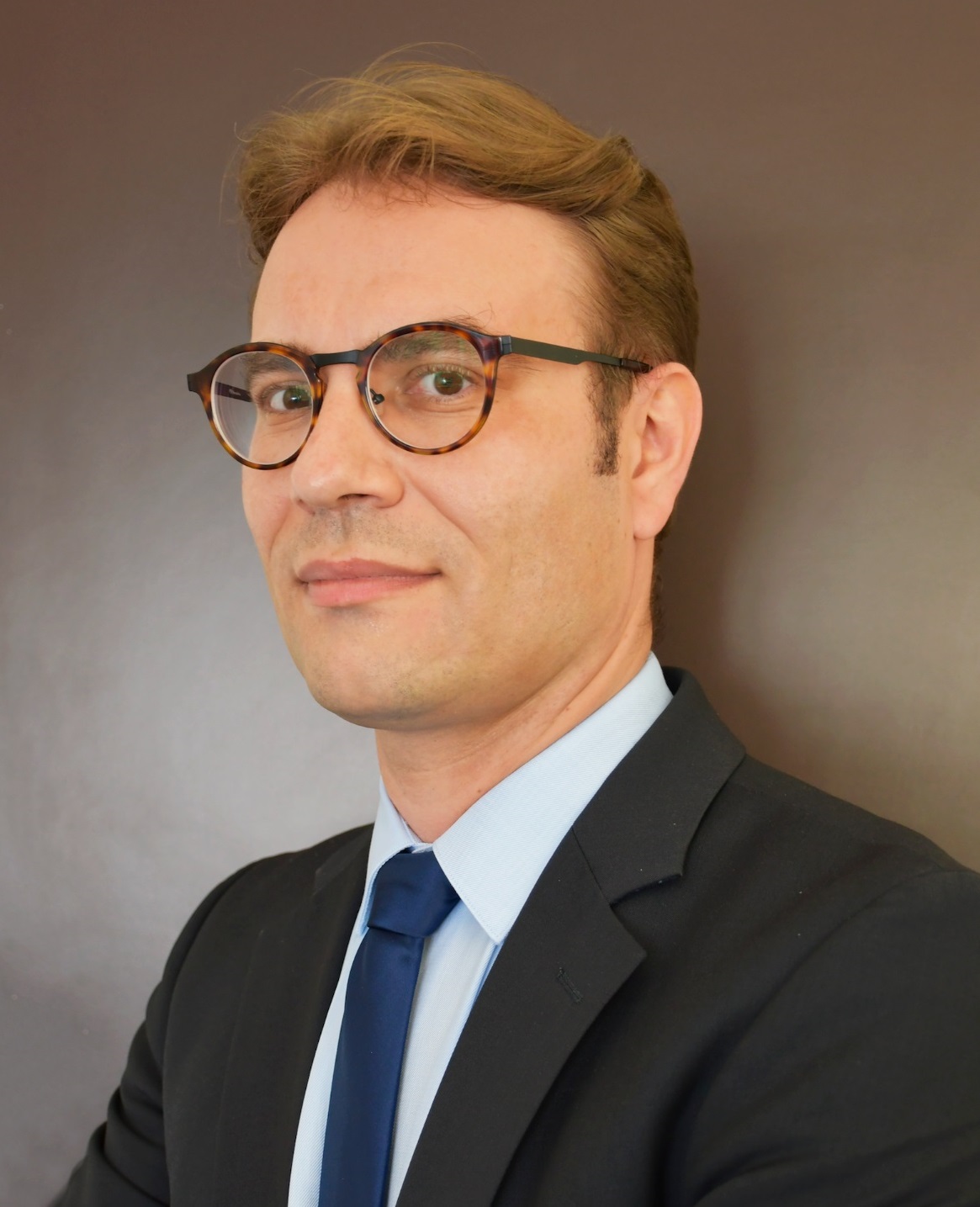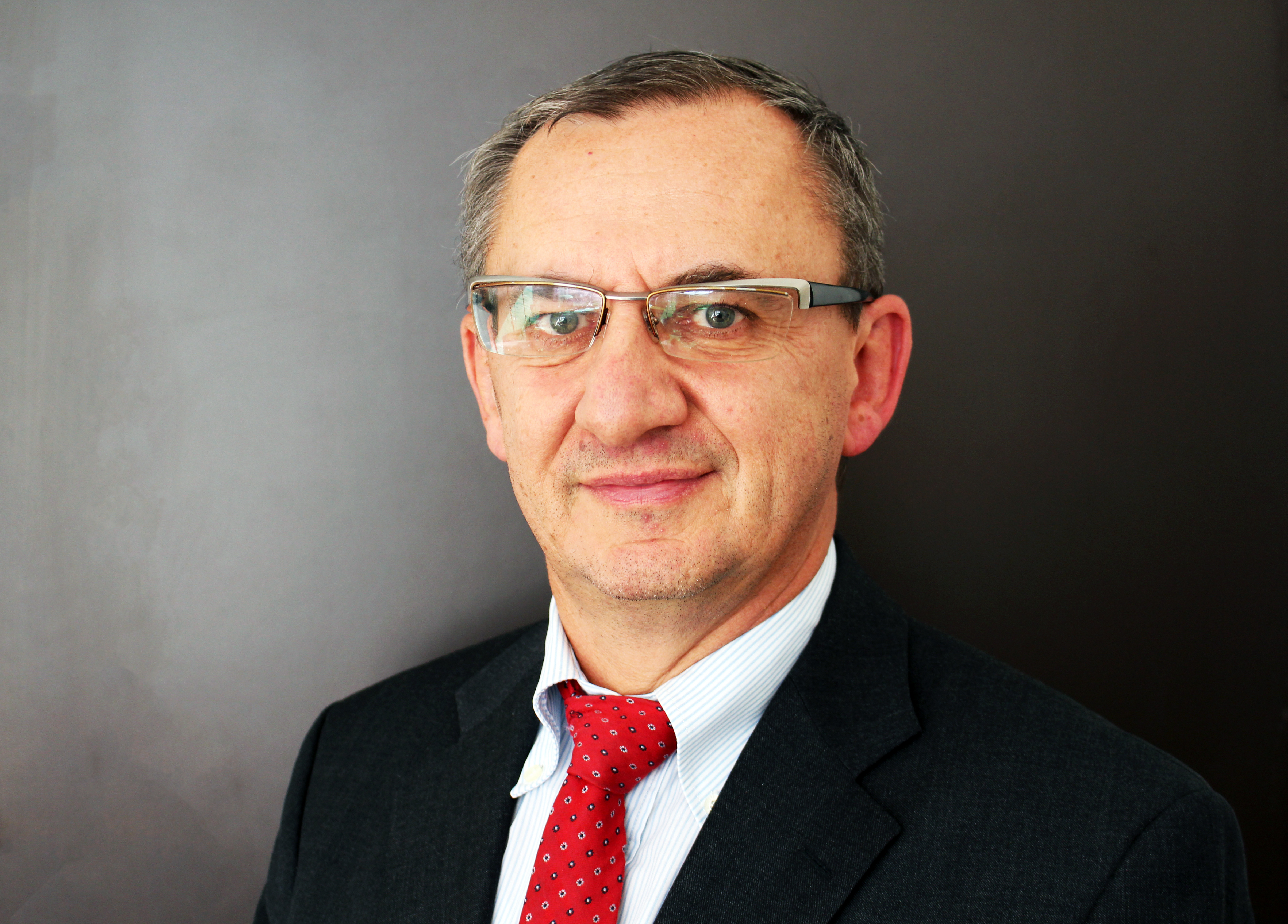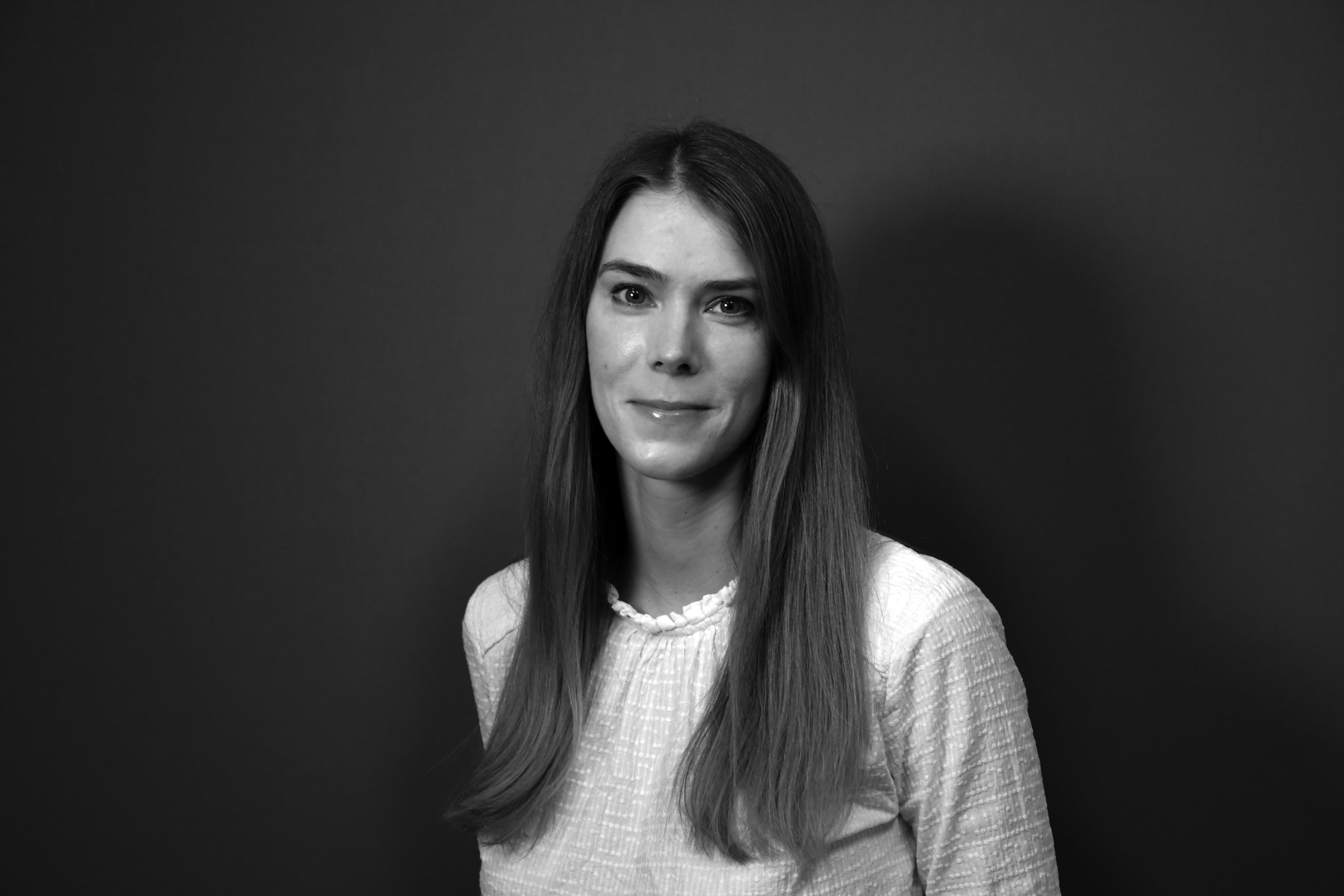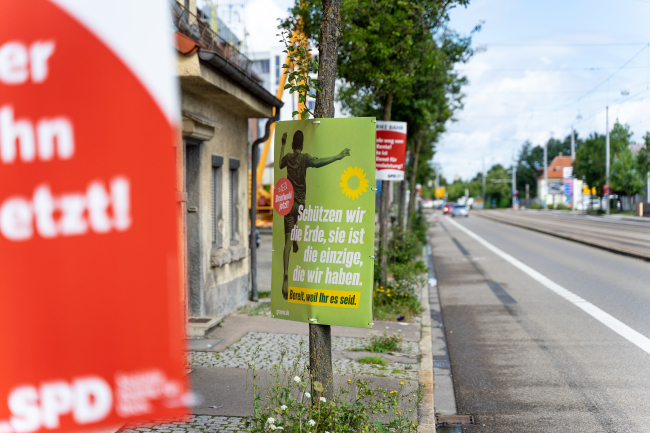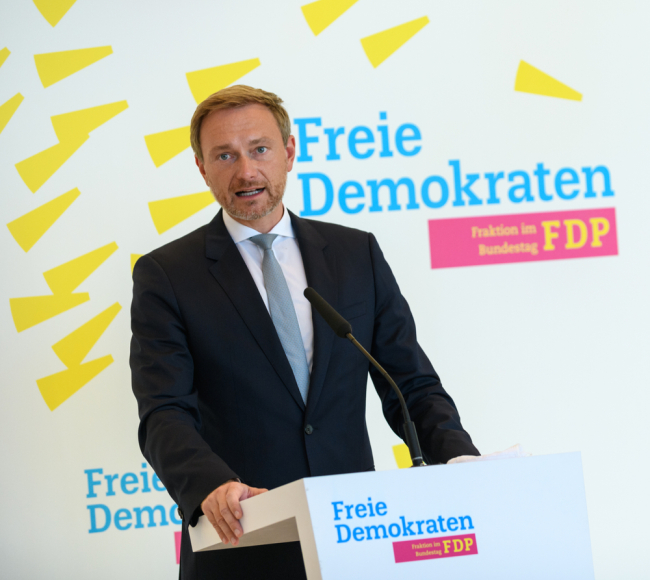What is the Liberal Agenda of the "Traffic Light" Coalition? Franco-German Perspectives
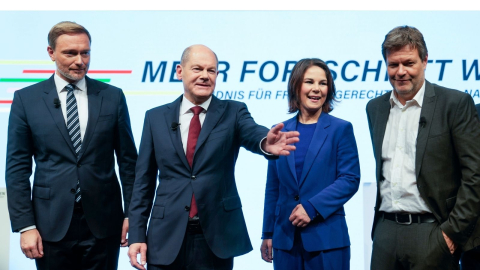
Practical information
Themes and regions
Related centers and programs
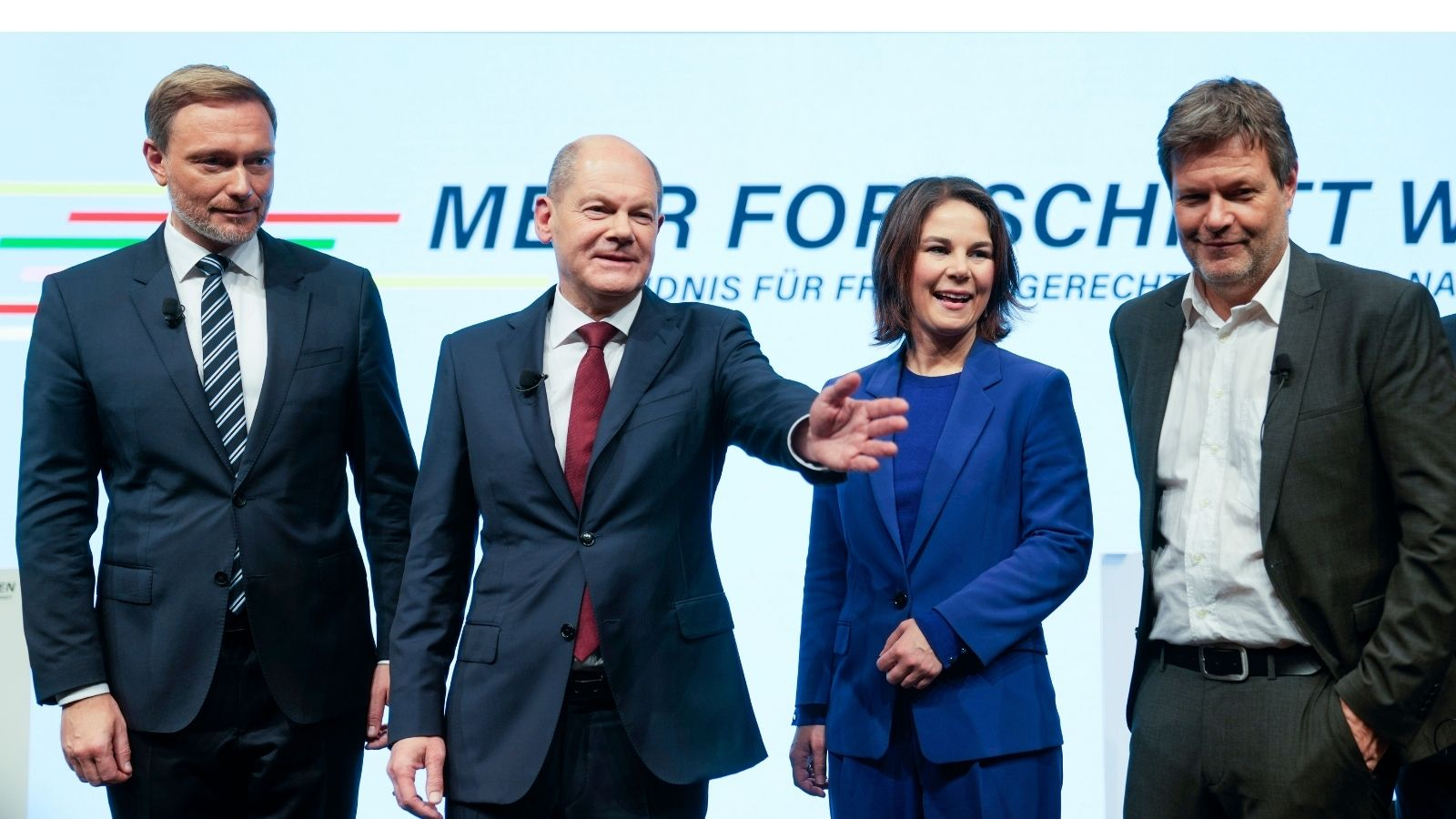
The end of Angela Merkel's term of office marks the beginning of a new political era in Germany. Known for its stability and the longevity of its leaders, German politics will now be dominated by three parties in a so-called "Traffic Light" coalition comprising the Social Democratic Party (SPD), the Greens and the Liberal Democratic Party (FDP).
After eleven years in opposition, the latter will carry weight in particular because of the ministries it has been able to obtain (finance, infrastructure/digital, justice, education and research).
What is the position of the Liberal Democrat Party on European policy in the run-up to the French Presidency of the Council of the European Union and the upcoming presidential and legislative elections in France? What are the points of convergence and divergence between the positions of the presidential majority and those of the FDP, and how is the new coalition within this majority perceived in France?
Welcoming remarks
Jeanette Süß, European Affairs Manager at the FNF Brussels office
Speakers
Sandra Weeser, Member of the Bundestag (FDP), Chair of the Committee on Construction, Housing, Urban Policy and Municipalities, member of the Franco-German Parliamentary Assembly.
Christophe Arend, LREM deputy for the 6th constituency of Moselle, president of the France-Germany friendship group, member of the Franco-German Parliamentary Assembly.
Moderation | Paul Maurice, Research Fellow, Study Committee on Franco-German Relations (Cerfa), Ifri
Conclusion | Eric-André Martin, Secretary General of the Study Committee on Franco-German Relations (Cerfa), Ifri
Videoconference co-organized by the Study Committee on Franco-German Relations (Cerfa) at Ifri and the European Dialogue Office of the Friedrich-Naumann Foundation for Freedom.
This conference will be held in French and German (simultaneous translation).
You will receive the zoom link by e-mail the day before the event.
Our partners
Speakers
Find out more
A Changing Germany: The Party System Tested in the 2021 German Federal Elections
The German federal elections of September 26, 2021 were marked by the departure of the outgoing chancellor, Angela Merkel, who was not seeking re-election. The scattering of the vote and the high volatility of voters have led to a redefinition of the landscape and geography of parties in Germany.
The Free Democratic Party (FDP): Liberal Corrective Again After the 2021 Bundestag Election?
After the regional elections in Rhineland-Palatinate and Baden-Württemberg in March 2021, the FDP is attracting more attention again, mainly because of its traditional role as a coalition party.
Related Subjects
Other events
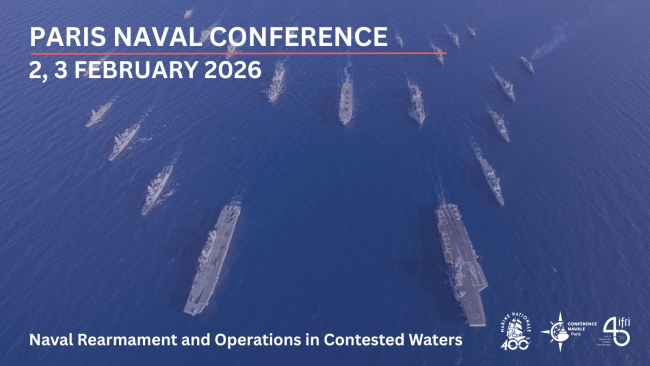
Paris Naval Conference 2026: Naval Rearmament and Operations in Contested Waters
This fourth edition of the Paris Naval Conference (CNP), bringing together high-level military, industrial, and academic speakers, will address the challenges associated with general naval rearmament and naval operations in increasingly contested environments.
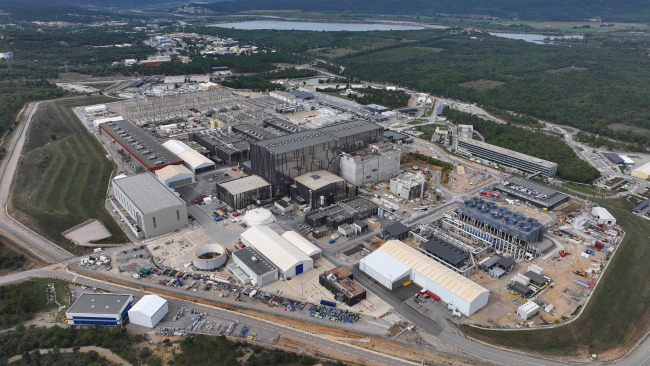
Is Fusion Coming Faster and Cheaper than Expected?
ITER was for long time the embodiment of fusion as an international, long standing R&D cooperation objective to seek a new way to produce safe, low carbon and abundant low carbon electricity. Yet over past years, fusion start ups, several governments and investors have decided to push fusion R&D and deployment to complement ITER. Major efforts are ongoing notably in the United States, China, Germany, Italy.

EV Supply Chains for Japan and Europe: Strengthening Economic Security
Economic security aims to ensure the resilience of supply chains for key industries: the case of electric vehicle production in Japan and Europe will be discussed.









